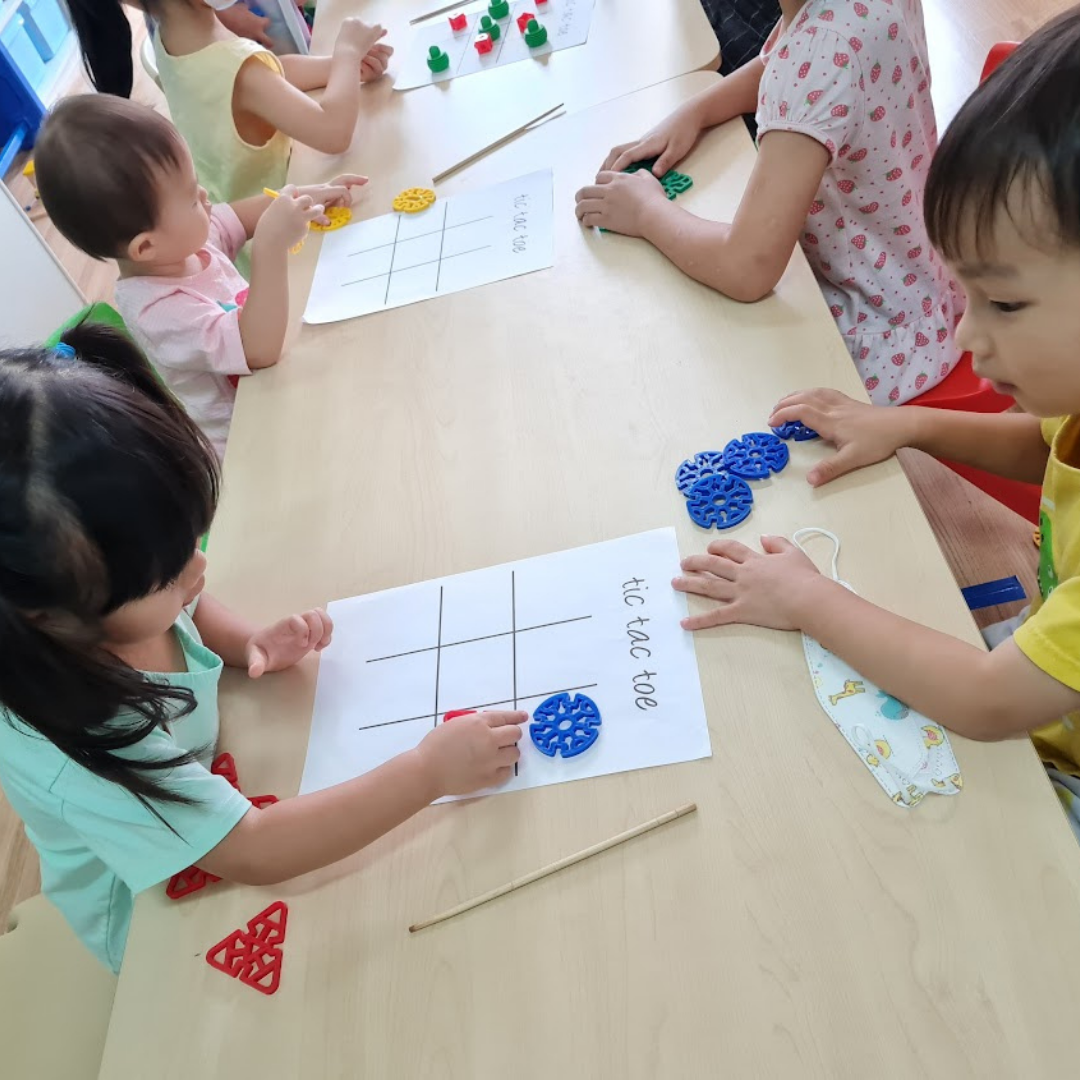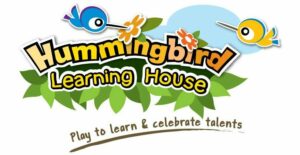Our Curriculum
Play-Based Learning
Our playschool curriculum is based on the philosophy that children learn best by doing what comes most naturally to them – playing. We cultivate the interest in learning by providing fun-filled play-based learning activities.
Our children are not just playing for fun but they are also learning through exploring and discovering knowledge through play.
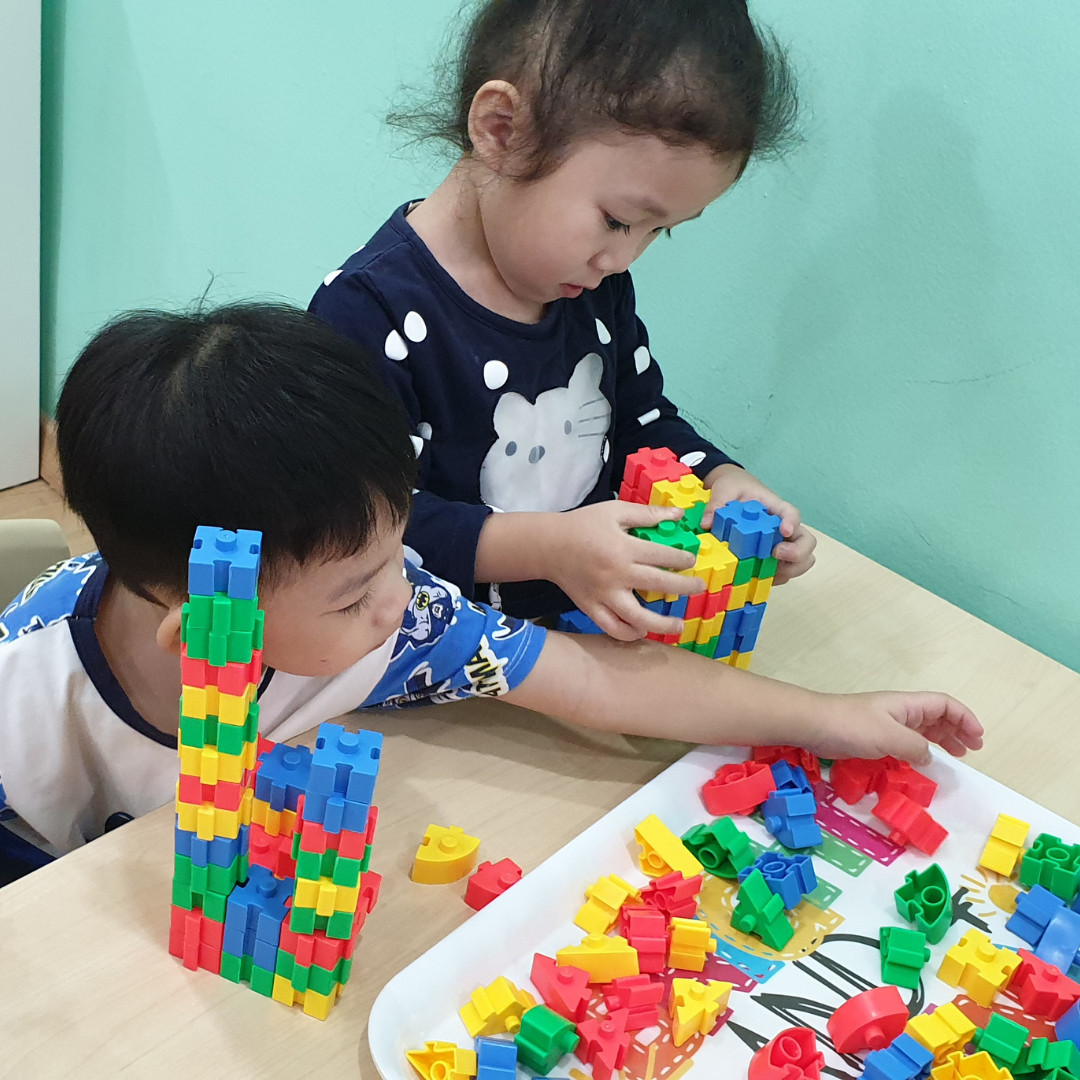
Free Play
Free play reinforces classroom learning. We emphasised Free Play session before our children start with classroom learning. An hour of Free Play will enable the children to build their focus and interest in their learning.
Sensorial Play
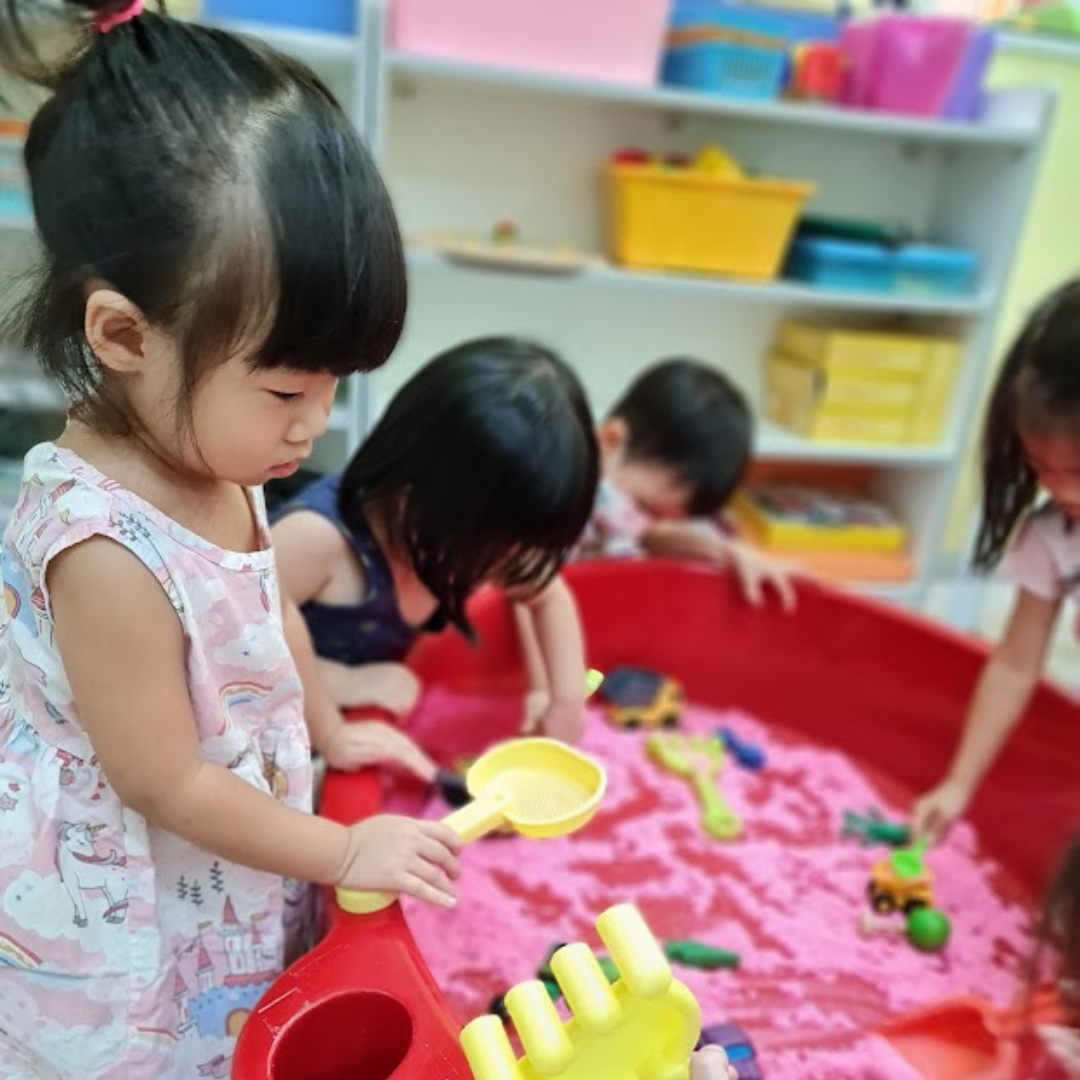
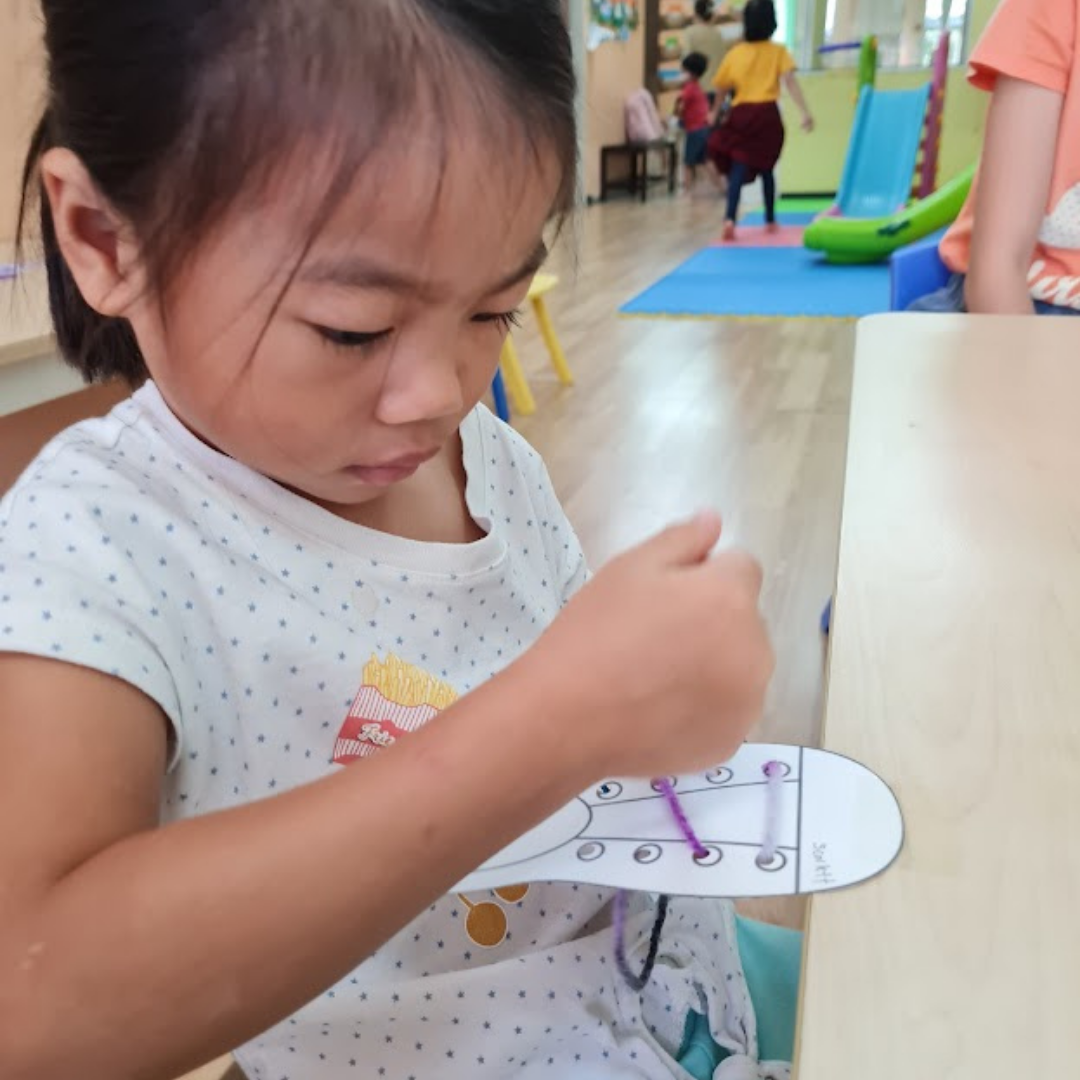
Skill-Based Play
Pretend Play
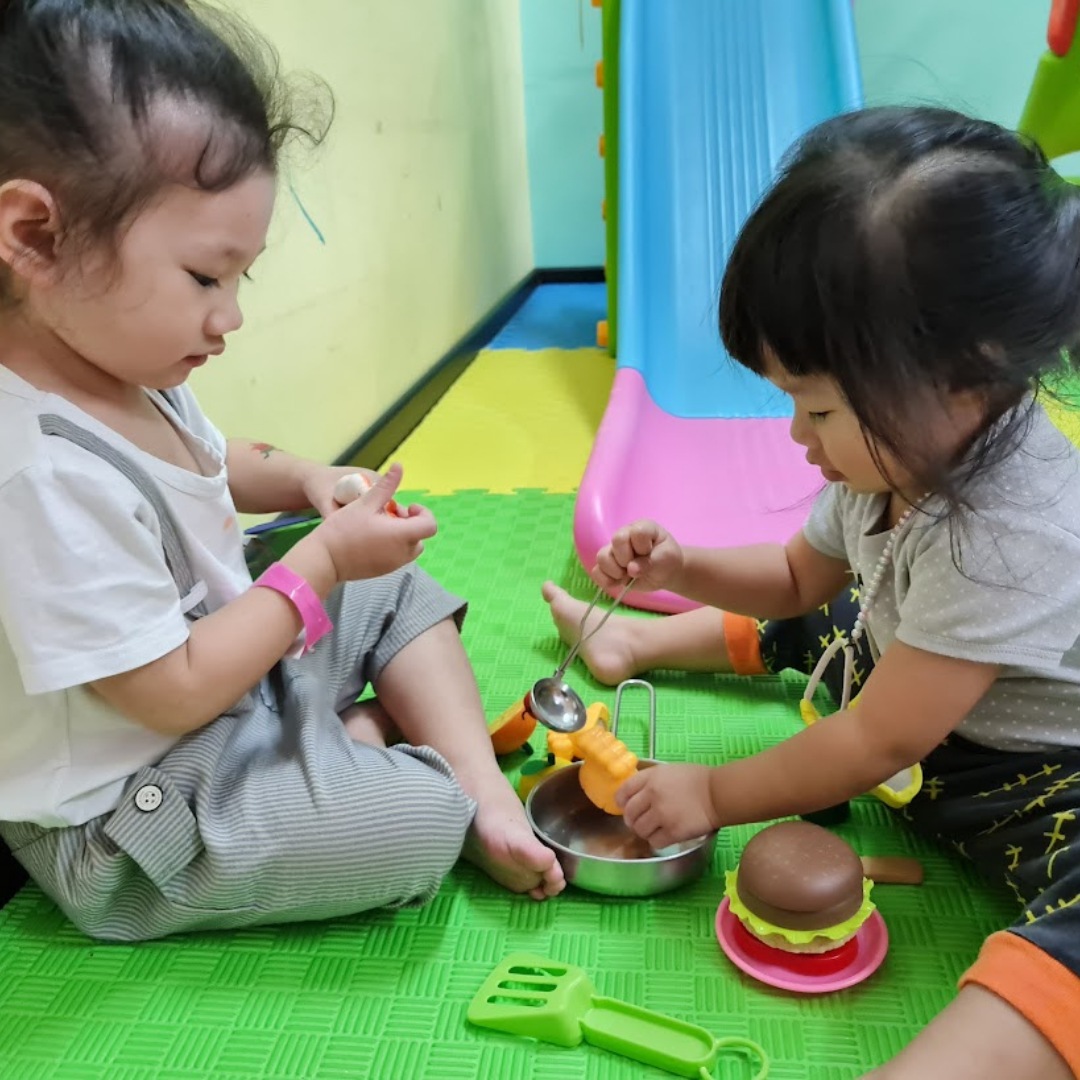
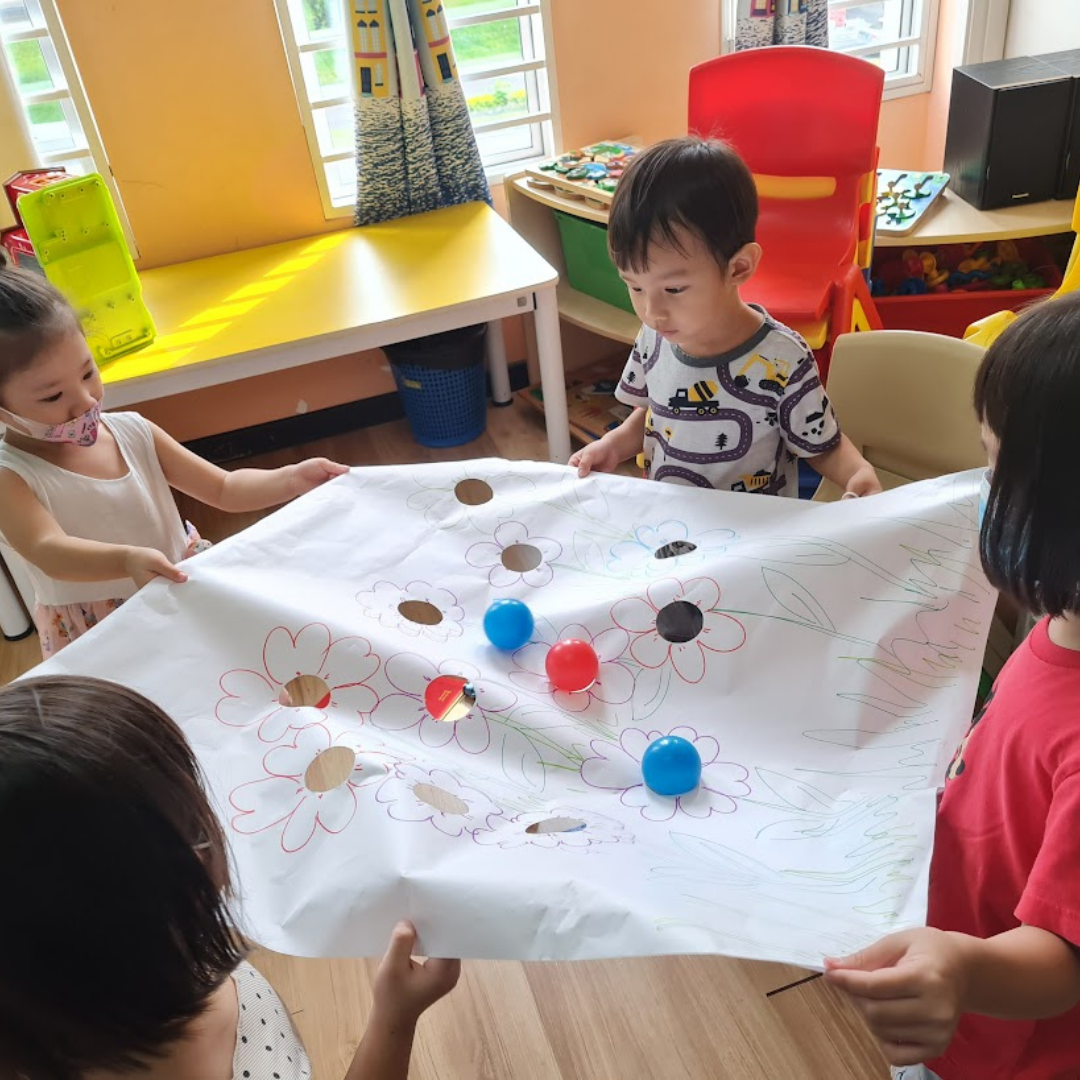
Social Play
Logical Thinking Play
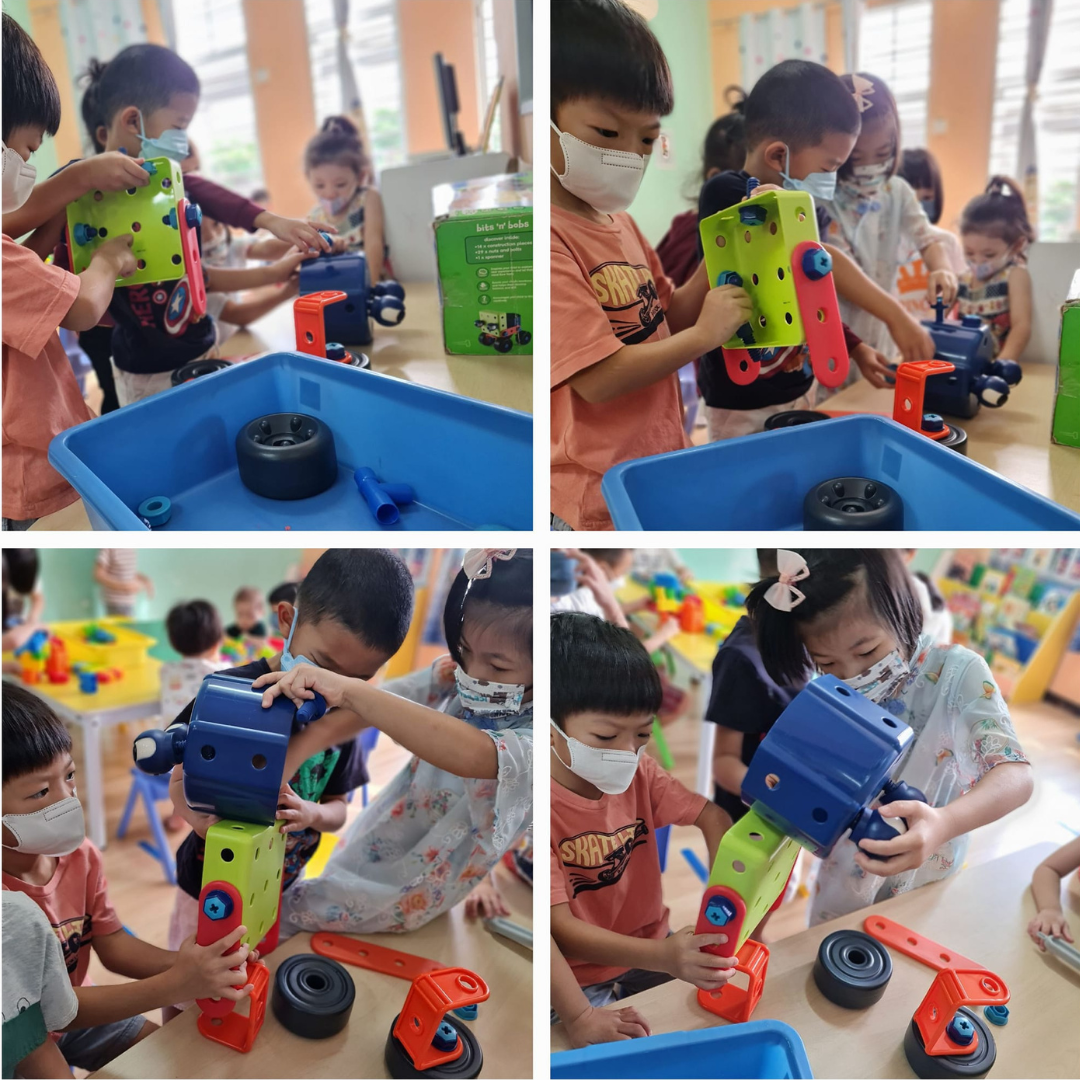
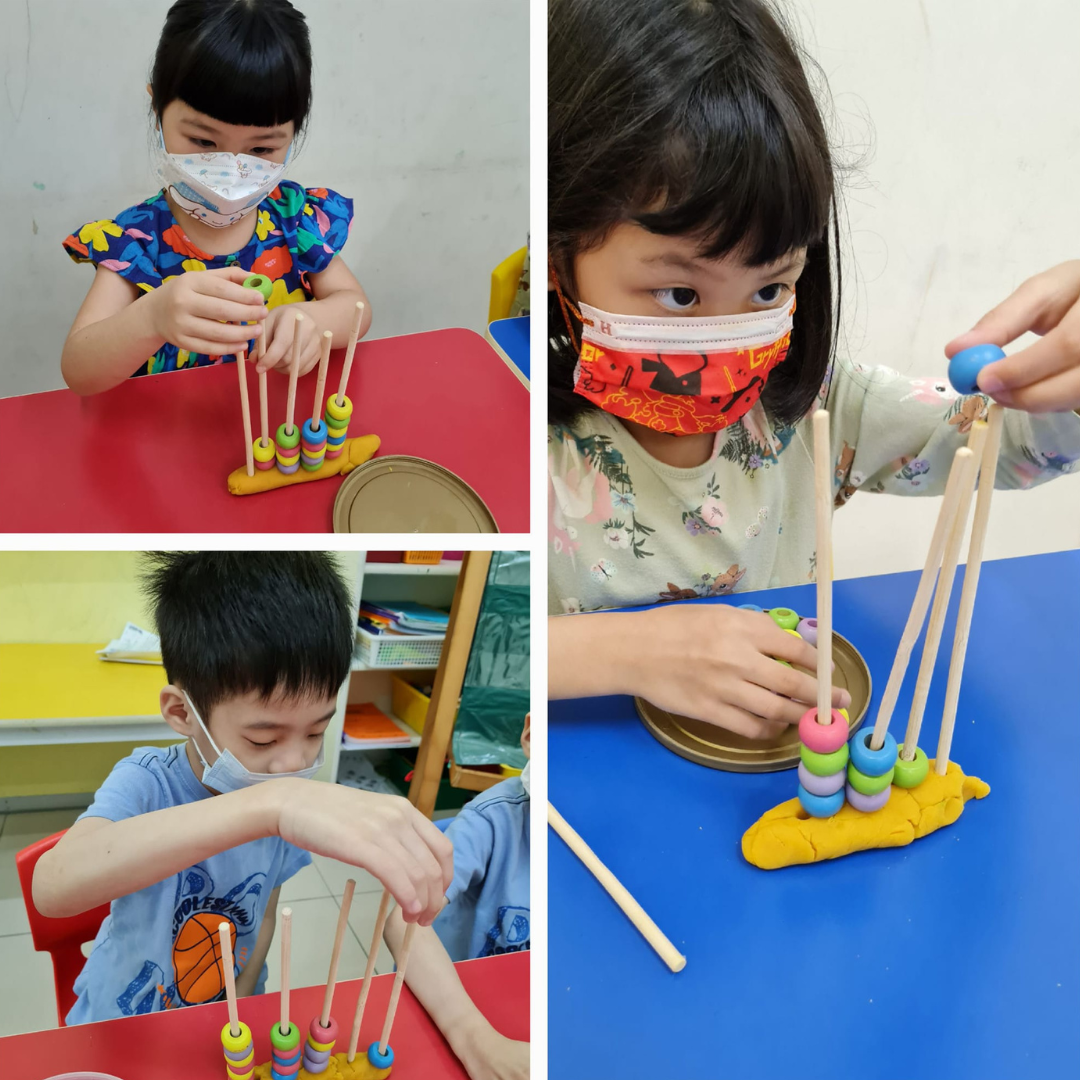
Exploratory Play
Children learn best when they involved in active learning activities rather than passively listening or reading from book. Children “learn by doing” and with that it gives them concrete feelings on abstract concepts especially writing of letters, numbers and Chinese-language characters.
Competitive Play
